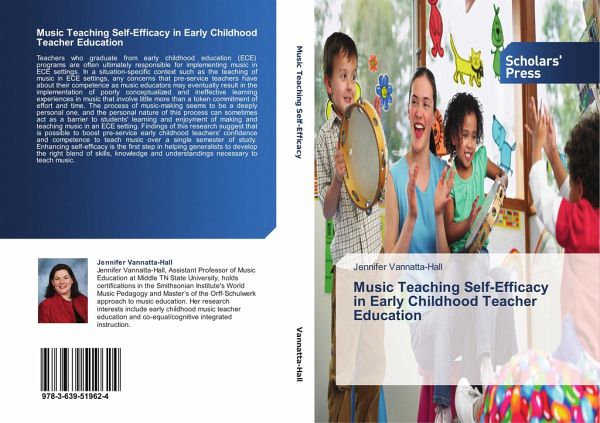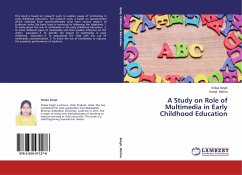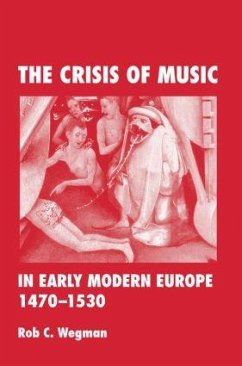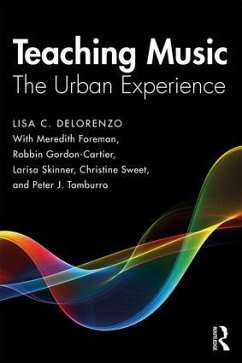
Music Teaching Self-Efficacy in Early Childhood Teacher Education
Versandkostenfrei!
Versandfertig in 6-10 Tagen
50,99 €
inkl. MwSt.

PAYBACK Punkte
25 °P sammeln!
Teachers who graduate from early childhood education (ECE) programs are often ultimately responsible for implementing music in ECE settings. In a situation-specific context such as the teaching of music in ECE settings, any concerns that pre-service teachers have about their competence as music educators may eventually result in the implementation of poorly conceptualized and ineffective learning experiences in music that involve little more than a token commitment of effort and time. The process of music-making seems to be a deeply personal one, and the personal nature of this process can som...
Teachers who graduate from early childhood education (ECE) programs are often ultimately responsible for implementing music in ECE settings. In a situation-specific context such as the teaching of music in ECE settings, any concerns that pre-service teachers have about their competence as music educators may eventually result in the implementation of poorly conceptualized and ineffective learning experiences in music that involve little more than a token commitment of effort and time. The process of music-making seems to be a deeply personal one, and the personal nature of this process can sometimes act as a barrier to students' learning and enjoyment of making and teaching music in an ECE setting. Findings of this research suggest that is possible to boost pre-service early childhood teachers' confidence and competence to teach music over a single semester of study. Enhancing self-efficacy is the first step in helping generalists to develop the right blend of skills, knowledge and understandings necessary to teach music.












